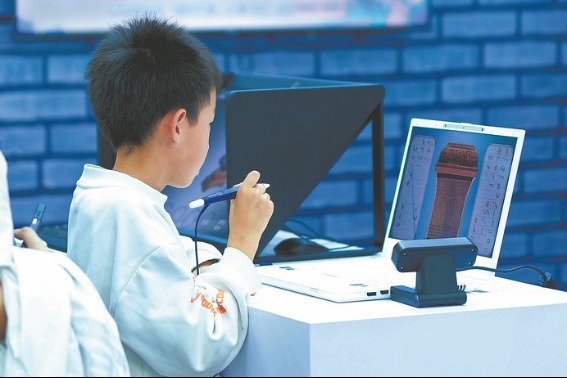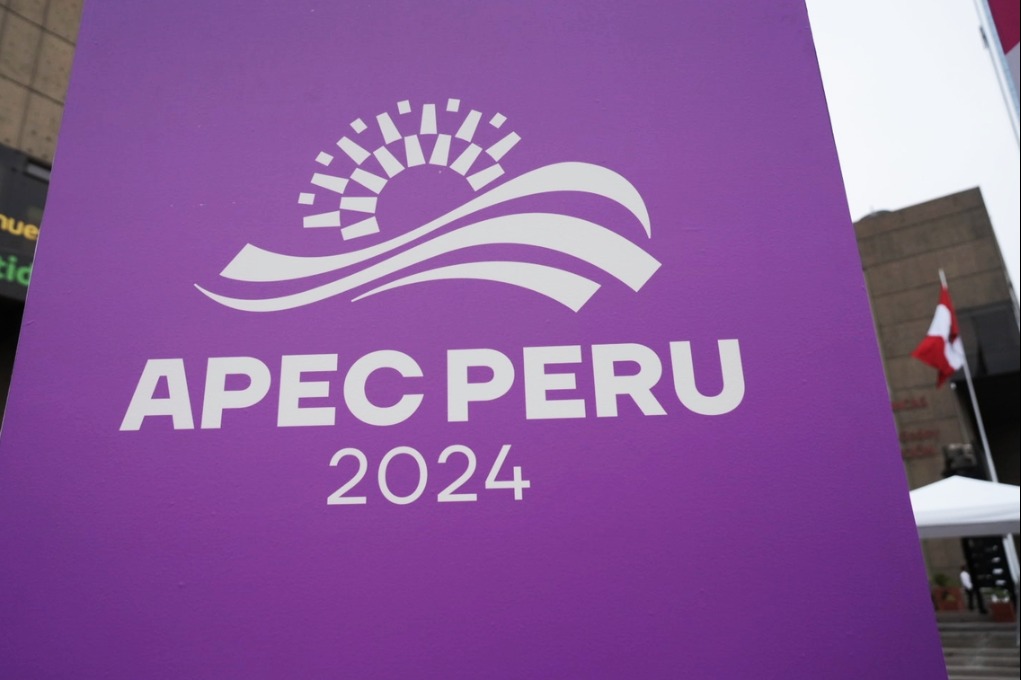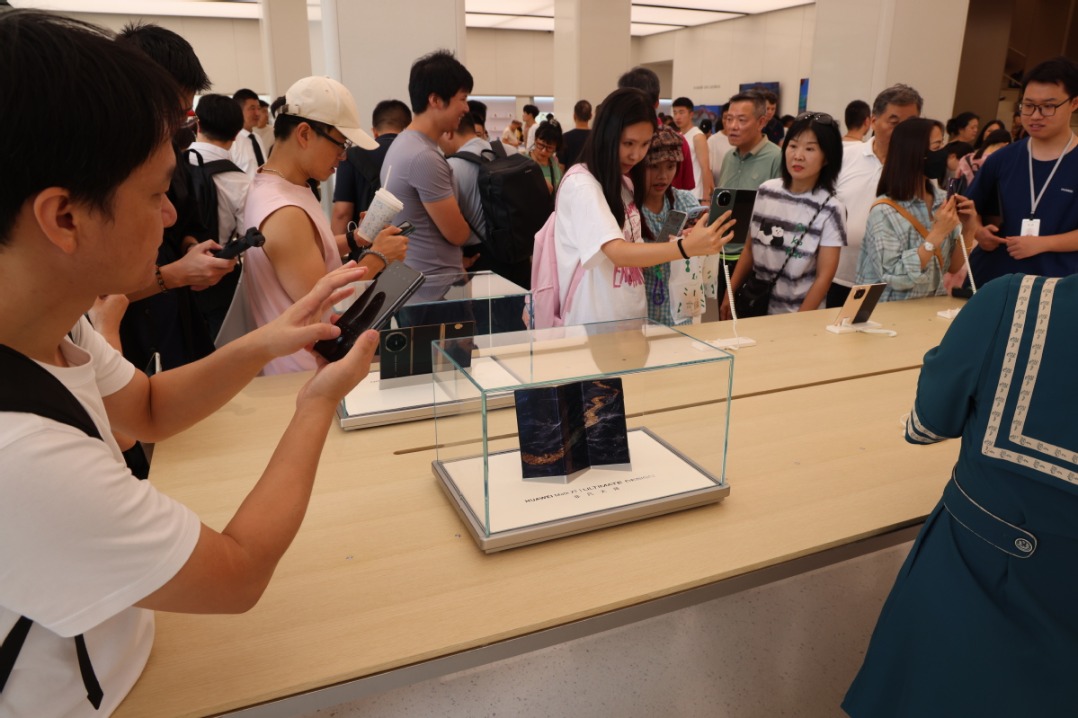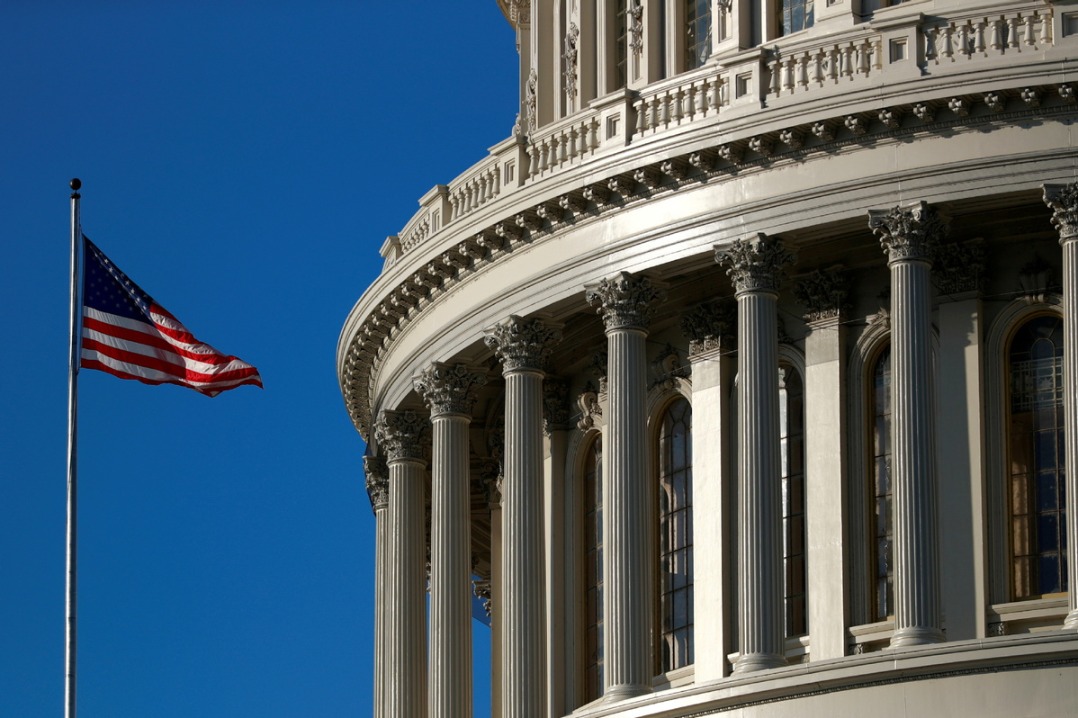Taobao becomes a captured pawn in US' game of trade protectionism


TWENTY-FIVE ONLINE MARKETPLACES in a variety of countries, including Taobao, the e-commerce platform of China's Ablibaba Group, were included in the latest US Trade Representative's "notorious markets" review for selling fakes. Yanzhao Metropolis Daily commented on Monday:
The so-called notorious markets' blacklist stems from Section 301 of the US Trade Act of 1974, which authorizes the president to take unilateral actions against foreign countries that the US deems to be burdening or restricting US commerce.
That the Section 301 cases can be self-initiated by the US Trade Representative or as the result of a petition filed by a company or industry group makes it a tool for the US to pressure its trade partners, especially in the sectors where US companies are losing ground.
In the past, almost all Section 301 investigations have resulted in a negotiation between the US and the countries concerned, and rarely has the US taken "retaliatory actions".
This time, the US' "bad markets" list has pushed Taobao to the front line of the Sino-US trade frictions. And the response of Alibaba is to the point, as it says that it has become a victim to the US' trade protectionism and the highly politicized environment of the Office of the US Trade Representative.
The Chinese government has been continually strengthening its intellectual property rights protection, and has taken a number of measures to curb the sale of counterfeit goods online.
The report does not reflect the true situation in global trade or even the long-term interests of the US as a whole, but the needs of some interest groups within the US government and in some US industries.
The commitment to innovation and research of leading Chinese companies has enabled them to rise up the value chain and compete with US enterprises in their respective sectors.


































